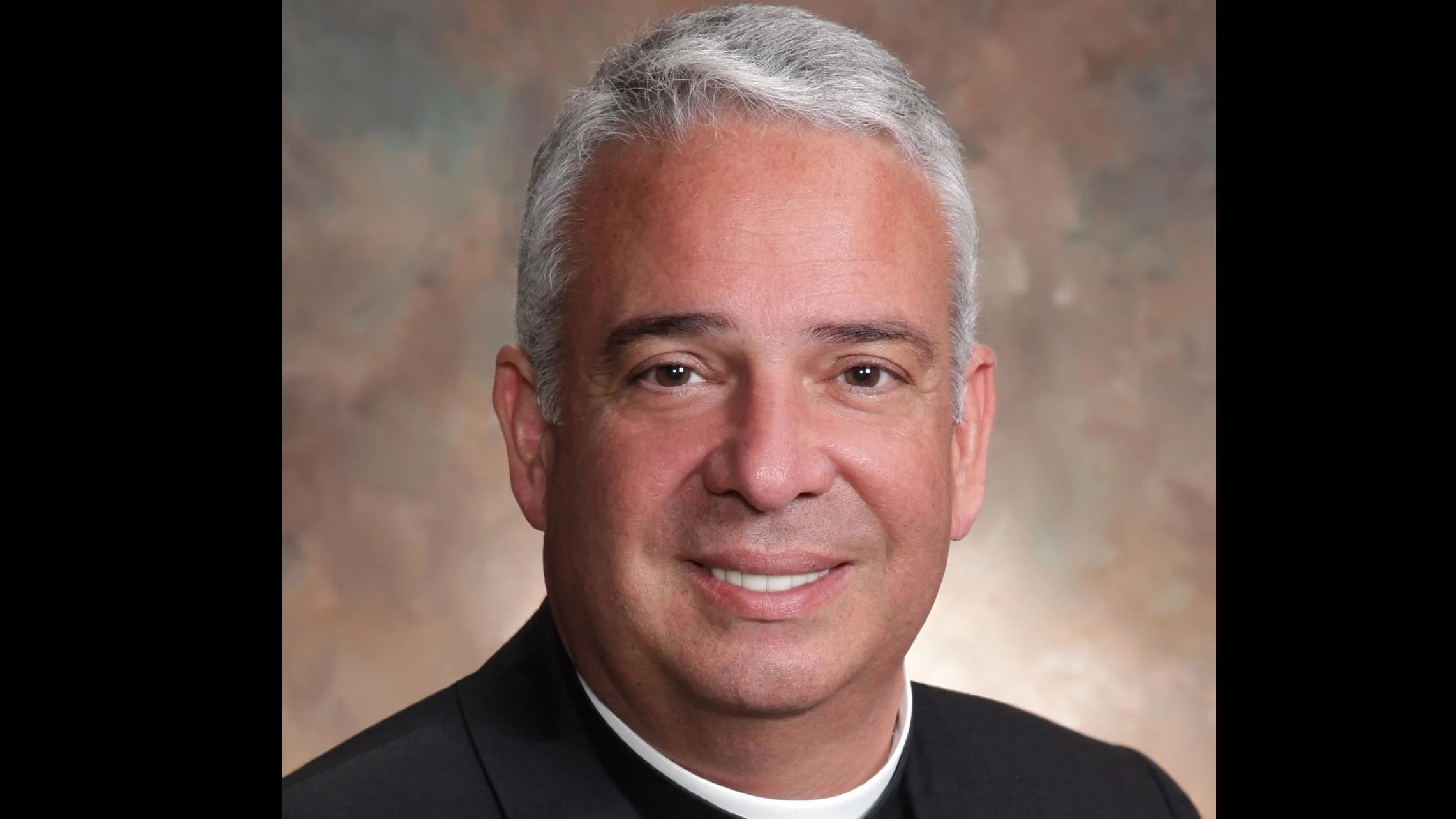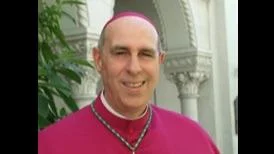
Bishop Thomas John Paprocki | Diocese of Springfield
The relationship between Jesus and His Father during His time on earth is a topic that holds significant theological importance in Christianity. According to Scripture and Catholic tradition, this relationship was characterized by perfect unity, intimacy, and obedience, even amidst human suffering.
Biblical accounts highlight the deep communion between Jesus and the Father. Jesus stated, “I and the Father are one” (John 10:30), indicating their intrinsic unity in essence and will. Despite His earthly ministry, this divine communion remained unbroken.
Prayer played a crucial role in maintaining this union. Jesus often withdrew to pray (Luke 5:16; Mark 1:35), especially before significant events like His baptism or choosing the Apostles. These prayers were not mere acts of devotion but expressions of ongoing communion with the Father.
Philippians 2:6-8 describes Jesus as humbling Himself and becoming obedient to death. This obedience was an active submission to the Father's will: “The world must know that I love the Father and do just as the Father has commanded me” (John 14:31).
Even during moments of anguish, such as on the cross when He cried out, “My God, my God, why have you forsaken me?” (Matthew 27:46), there was no break in union with the Father. This cry fulfilled Psalm 22, expressing deep anguish yet ultimately trust.
Jesus also mirrored the Father’s presence through His teachings and actions. When Philip asked to see the Father, Jesus replied, “Whoever has seen me has seen the Father” (John 14:8). He emphasized that His words were not spoken on His own but were works of the Father dwelling within Him (John 14:10).
The Catechism of the Catholic Church teaches that Jesus is eternally united with the Father (CCC 441-445). The incarnation did not disrupt this unity but revealed God's love in time. The Council of Constantinople affirmed that Jesus' human will submitted freely to God's divine will (CCC 475).
Church Fathers like St. Augustine emphasized that Jesus acted only with the Father's presence: “He who sent me is with me; I do nothing on my own.” St. Thomas Aquinas noted that Christ's soul fully saw Divine Essence through beatific vision.
Pope Francis reflected on how "Jesus immersed Himself" in intimacy with God during trials, stating all actions stemmed from this loving relationship.
In summary, while on earth, Jesus maintained an eternal union with God through prayerful communion and obedient love. This model of perfect Sonship encourages believers to emulate such trust and surrender in their spiritual lives.
Father Tomy Philip serves as parochial vicar at Blessed Sacrament Parish in Springfield and will soon become parochial administrator at St. Thomas the Apostle Parish in Newton and St. Mary of Assumption Parish in Sainte Marie starting July 1.





 Alerts Sign-up
Alerts Sign-up